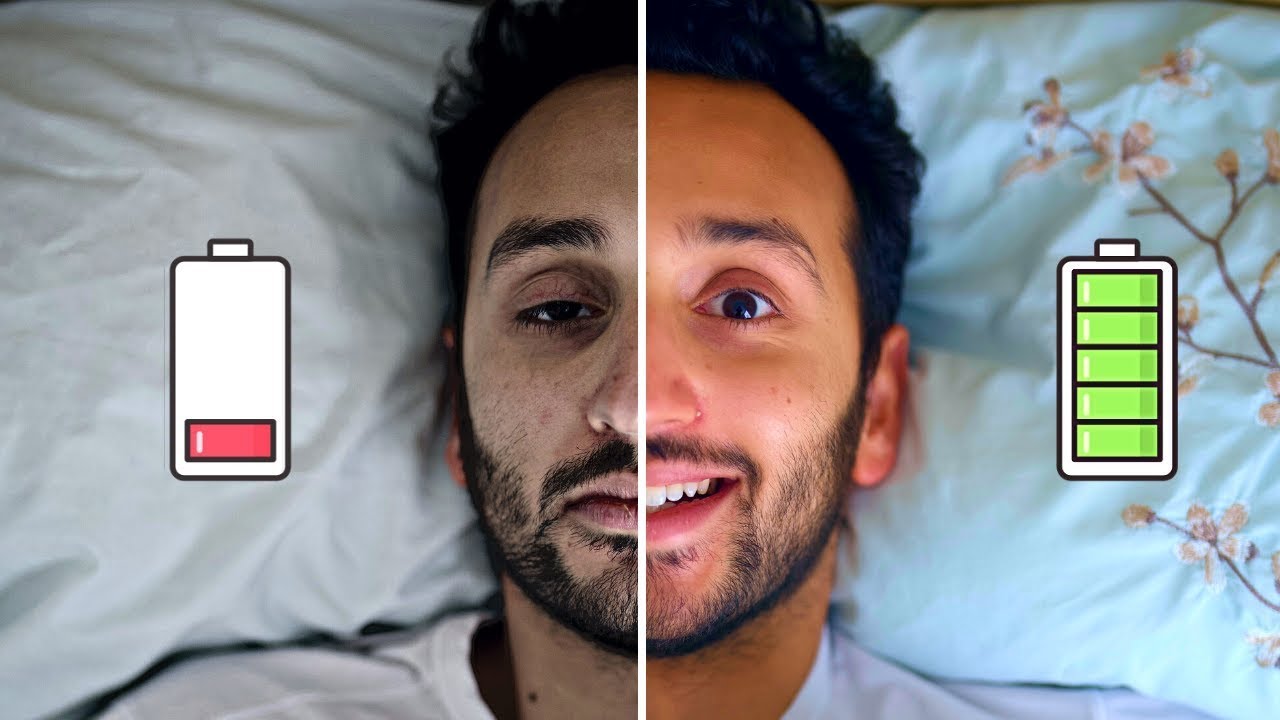Understanding Sleep and Its Importance
Sleep is a fundamental aspect of our health and well-being. It is during sleep that our bodies undergo vital processes that support physical, mental, and emotional health. Understanding the importance of sleep is the first step in developing a healthy sleep routine.
Why Sleep Matters
Quality sleep affects various aspects of our lives, including:
- Physical Health: Sleep plays a crucial role in the healing and repair of your heart and blood vessels.
- Mental Clarity: A good night’s sleep enhances cognitive functions such as memory, problem-solving, and decision-making.
- Emotional Stability: Lack of sleep can lead to irritability and increased stress levels.
How to Develop a Healthy Sleep Routine
Creating a consistent sleep routine is essential for achieving better sleep quality. Here are some effective strategies:
1. Set a Consistent Sleep Schedule
Going to bed and waking up at the same time every day helps regulate your body’s internal clock. Here’s how to establish this habit:
- Choose a bedtime that allows for 7-9 hours of sleep.
- Stick to this schedule even on weekends to maintain your rhythm.
- Gradually adjust your sleep schedule if you need to make changes.
2. Create a Relaxing Bedtime Routine
Engaging in calming activities before bed can signal to your body that it’s time to wind down. Consider these activities:
- Reading: Choose a book or magazine that interests you.
- Gentle Yoga: Stretching can help relax your muscles.
- Meditation: Practicing mindfulness can reduce stress and anxiety.
Optimizing Your Sleep Environment
Your sleep environment can significantly impact your sleep quality. Here are some tips to optimize your bedroom:
1. Control the Light
Light can interfere with your body’s production of melatonin, the hormone responsible for sleep. To create a sleep-friendly environment:
- Use blackout curtains to block outside light.
- Limit screen time at least an hour before bed.
- Consider using a sleep mask if needed.
2. Manage Noise Levels
Noise can disrupt your sleep, so it’s important to minimize disturbances:
- Use earplugs or a white noise machine to drown out background noise.
- Keep the volume of any electronic devices low.
3. Optimize Temperature
The ideal bedroom temperature for sleep is typically between 60-67°F (15-19°C). To achieve this:
- Use fans or air conditioning to regulate temperature.
- Choose breathable bedding materials.
Nutrition and Sleep Quality
What you eat can also affect your sleep quality. Here are some dietary tips:
1. Avoid Heavy Meals Before Bed
Eating large meals close to bedtime can lead to discomfort and disrupt sleep. To promote better sleep:
- Have your last meal at least 2-3 hours before bed.
- Choose lighter, easily digestible foods in the evening.
2. Limit Caffeine and Nicotine
Caffeine and nicotine are stimulants that can interfere with your ability to fall asleep. To improve your sleep:
- Avoid caffeine at least 6 hours before bedtime.
- Consider reducing or quitting nicotine for better overall health.
3. Consider Sleep-Inducing Foods
Some foods can promote sleep due to their nutrient content. Include these in your diet:
- Almonds: A good source of magnesium, which may improve sleep quality.
- Turkey: Contains tryptophan, which can help induce sleepiness.
- Bananas: Rich in potassium and magnesium, they help relax muscles.
Physical Activity and Sleep
Regular physical activity can enhance your sleep quality. Here’s how to incorporate exercise into your routine:
1. Timing Your Workouts
Exercise is beneficial for sleep, but timing matters. To maximize the benefits:
- Engage in moderate to vigorous exercise at least 3-4 hours before bedtime.
- Consider morning or afternoon workouts for better sleep quality.
2. Choose the Right Type of Exercise
Different types of exercise can have varying effects on sleep. Aim for:
- Aerobic Exercise: Activities like running, swimming, or cycling can improve sleep quality.
- Strength Training: Lifting weights can also contribute to better sleep.
Managing Stress for Better Sleep
High levels of stress can lead to sleep disturbances. Here are some techniques to manage stress:
1. Practice Relaxation Techniques
Incorporate relaxation practices into your daily routine to alleviate stress:
- Deep Breathing: Focus on slow, deep breaths to calm your mind.
- Progressive Muscle Relaxation: Tense and relax different muscle groups to relieve tension.
2. Journaling
Writing down your thoughts can help clear your mind before bed. Try:
- Keeping a gratitude journal to focus on positive aspects of your day.
- Writing down worries to help put them aside for the night.
When to Seek Professional Help
If you’ve tried various methods to improve your sleep quality without success, it may be time to consult a professional. Look for signs such as:
- Persistent difficulty falling or staying asleep.
- Daytime fatigue that interferes with daily activities.
- Snoring or breathing issues during sleep.
Understanding Sleep Disorders
Common sleep disorders include:
- Insomnia: Difficulty falling asleep or staying asleep.
- Sleep Apnea: Breathing interruptions during sleep.
- Restless Legs Syndrome: An uncontrollable urge to move the legs during rest.
Conclusion
Improving your sleep quality is a multifaceted endeavor that requires attention to various factors, including your sleep environment, nutrition, physical activity, and stress management. By implementing these strategies and developing a healthy sleep routine, you can enhance your overall well-being and enjoy the benefits of restorative sleep. Remember, quality sleep is not a luxury but a necessity for a healthy life.



